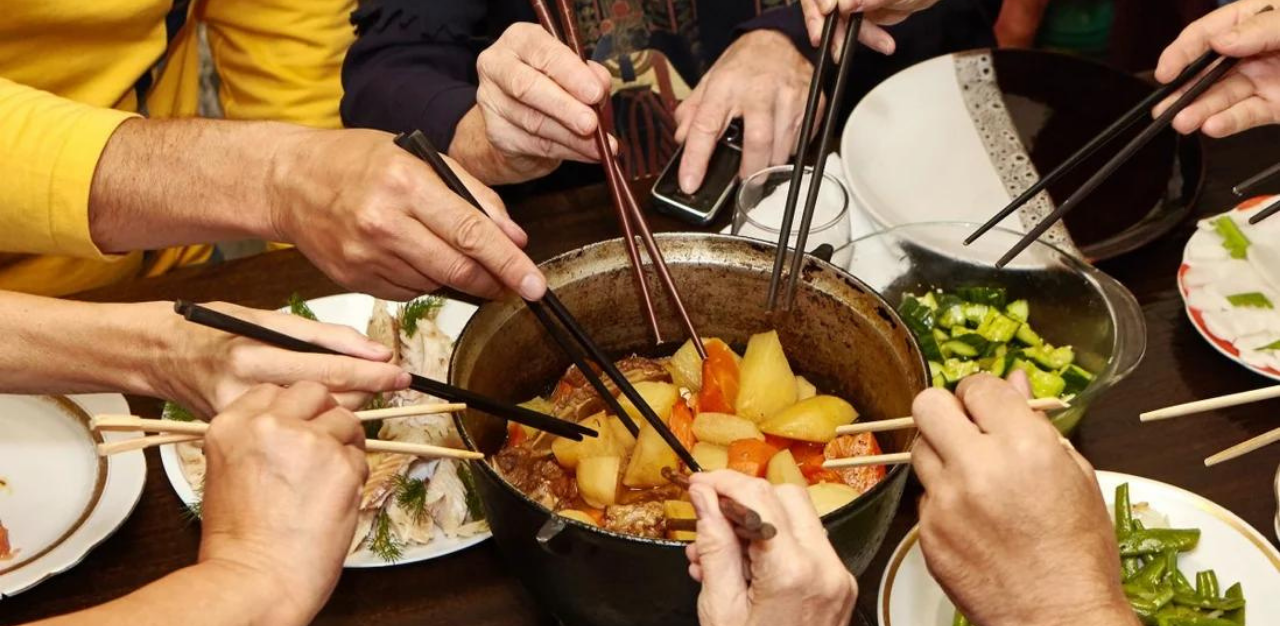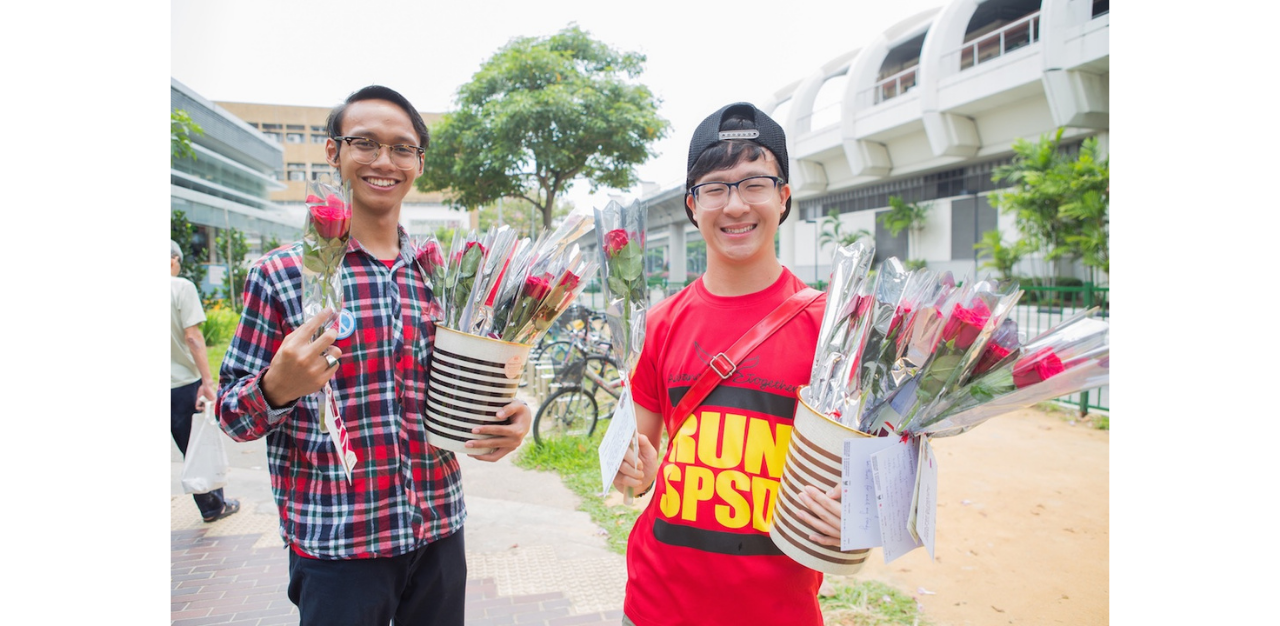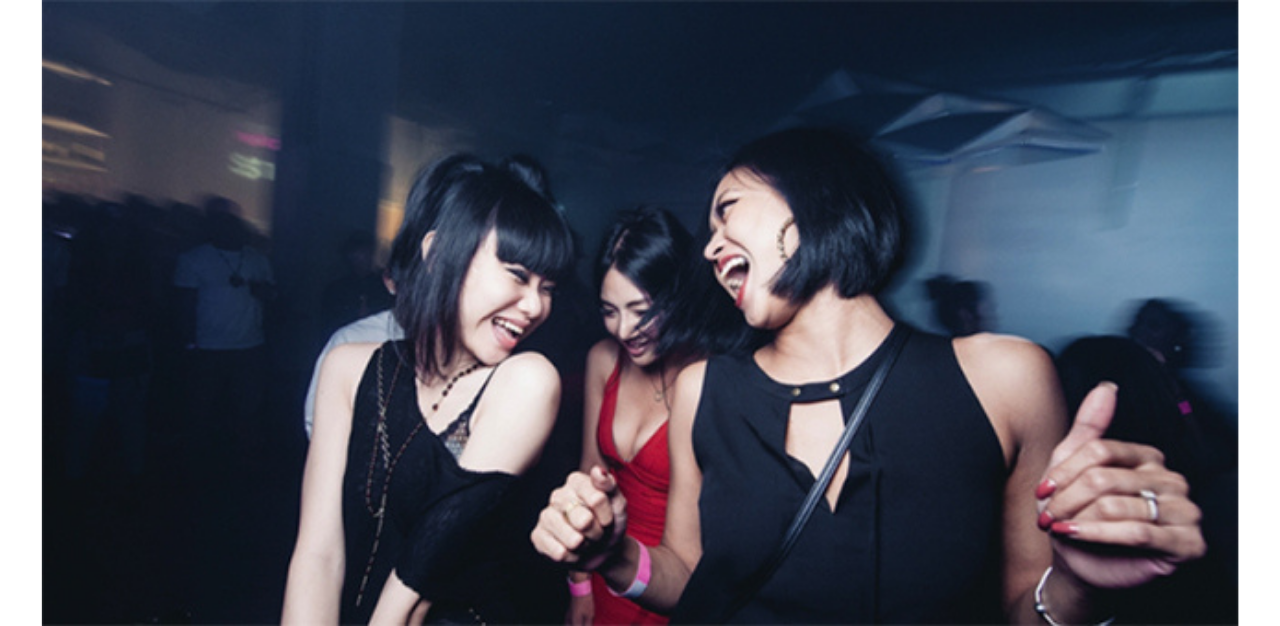Before 2020, we would not hesitate to enter a busy pub and go for a dance party at Zouk. Fast forward three years and people become wary of crowds and will not hesitate to label the new year gathering at Clarke Quay as “illegal” and “irresponsible”.
Hugs were also common among family and friends. But now, they just fist-bump and are encouraged to practice social distancing of at least 2m apart.
In a BBC article, Dr Simon Williams, a Swansea University sociologist, said that “[c]hanging behaviour, especially at a population level, usually does take a long time”. However, the fact that so many people have rapidly changed is “a remarkable collective effort and an effort of resilience”.
But that comes at a cost, he warned.
“Some of the behaviours we are talking about here, whether it’s handshaking, hugging, being close to each other, being in groups – these are really fundamental to what it means to be human,” he said, adding that “it’s important that we do not give up on the old normal. [Habits like giving] hugs can physically have a positive impact like the reduction of stress”.
After three years of the pandemic and Covid-19 restrictions, have we drastically changed the way we behave in public? Are these changes for the better or worse?
Here are five everyday encounters that have, in the new normal, become taboo.
When it comes to food, sharing is no longer caring

Sharing food is central to how Asians convey love and you would not give it a second thought when ordering dishes to share at a restaurant and hawker centre before the Covid pandemic hit. It was, in fact, one of the perks of eating out with family or a group of friends – you get to sample different food and cuisine, and the food also becomes the topic of your conversation, leading to discovering common experiences and interests. You would, for instance, discover that you and your friends shared a love for Brussel sprouts, or that a particular dish generated different reactions from those at the table. Sharing a meal with your friends and family also deepens friendships and family bonds.
Today, with the virus potentially lurking even in our saliva, the long tradition of sharing food has become prohibited. We might not wish to share the same cutlery or dishes to avoid becoming infected. In the new normal, when you ask your friend how their food was, you merely wait for the review without being able to try it for yourself.
Families have also taken to reducing the time they spent eating out together. What’s worse, even at home, some may choose to “take away” their food from the dining table and not share dishes for fear that someone within the family may have already been infected.
No more hi-fives – “shoe taps” are now the “in” thing

When was the last time you gave someone a hi-five? Three years ago?
You’re not alone in this.
Hi-fives are literally banned at gyms and fitness studios because they do not want to spread the virus through any form of physical contact. Instead, boutique gyms and coaches have asked their clients to “shoe taps” one another after completing a gruelling workout together. Yes, shoe-taps have replaced hi-fives, and you’ll see people awkwardly raising their legs while they are stretching just to give their buddy one.
While this still helps to boost camaraderie and team spirit in the gyms, the energy from hi-fives and the good old pat on the shoulder is irreplaceable. We still miss the times when we could give our buddies a tight hug or a firm hand shake after conquering a fitness challenge and breaking limits together.
Cancelling “mask fishing” and PDAs

Kissing in public has become forbidden.
Local tiktokers @dewychoo and @caydencessd made fun of how PDAs (Public Display of Affection) are “gross” in the current Covid-19 situation and do not wish to see couples cuddling or making out in cafes and theatres. In a comedic TikTok, @dewychoo also expressed how our mouths will be considered “private parts” for future generations.
In the local dating scene, the term “maskfish” has also surfaced as more and more dating profiles appear with their masks on. The term “maskfish” is used when someone hides behind a mask to appear good-looking but may actually be “catfishing” (appearing less attractive as compared to their photos). A meme that has also been circulating around makes fun of how Singaporean guys appear much more attractive with their masks on.
As young people meet their online dates for the first time, they have to contend with the prospect that their date could be a “maskfish”. The truth will be revealed when they sit down at a restaurant and have to remove their masks.
From dancing at parties to TikTok dancing?

Twenty-four-year-old Liz Ang was a fan of the Singapore nightlife. She would hit up house parties and clubs and groove on the dancefloor with buoyant indie rock anthems and 80s synth-pop favourites, soaking up the energy from young partygoers.
However, with the closure of clubs and night parties, Ms Ang has nowhere to go to dance to her favourite music or meet new people.
Stuck at home, she decided to channel her grooves and energy into TikTok, breaking out into chic dance moves and collaborating with other TikTok dancers online.
She’s not alone in this. TikTok is well-known as a platform with a variety of dance videos that last no longer than two minutes, often created by the Gen-Zs and millennials. Now that young people can no longer dance physically together, they feed off each other’s energy virtually and move to TikTok tunes in their own rooms. Sometimes, they even collaborate with others or compete to see who pull off the dance moves best.
While they’re still “vibing” albeit in a virtual space, the magnetic and unforgettable energy that we used to see on the dancefloors will be sorely missed.
Approaching strangers have become “hella hard”

An important part of Singapore’s treasured heritage is our “kampung” (village) spirit, which refers to a sense of community and solidarity. It was not uncommon for Singaporeans to readily offer one another help and support pre-Covid times – to help an elderly cross the road, to ask a stranger for directions, or to help our neighbour babysit their child.
However, with the safe-distancing measures in place, many are now more wary of approaching strangers and even neighbours for help. Ms Lee Jia Wen, 24, says that she used to see the warm smiles of her neighbours and will chit-chat with them when they bump into each other along the corridor. But now, behind their masks, these interactions have been reduced to mere “polite nods” and any conversations are short.
“We don’t want to linger for too long because we’re afraid the other party might get uncomfortable. Getting Covid-19 is a serious and real health concern for many,” she adds.
Journalists on the ground are also finding it difficult to reach out to the man on the street for comments, and we see fewer sale promoters and volunteers asking for donations.
While random interactions in public and along the HDB corridors are kept to a minimum, we hope that Singapore’s kampung spirit continues to burn strong and that neighbours and heartlanders are reaching out to one another – in their own socially distanced ways.
Join the conversations on TheHomeGround Asia’s Facebook and Instagram, and get the latest updates via Telegram.




























